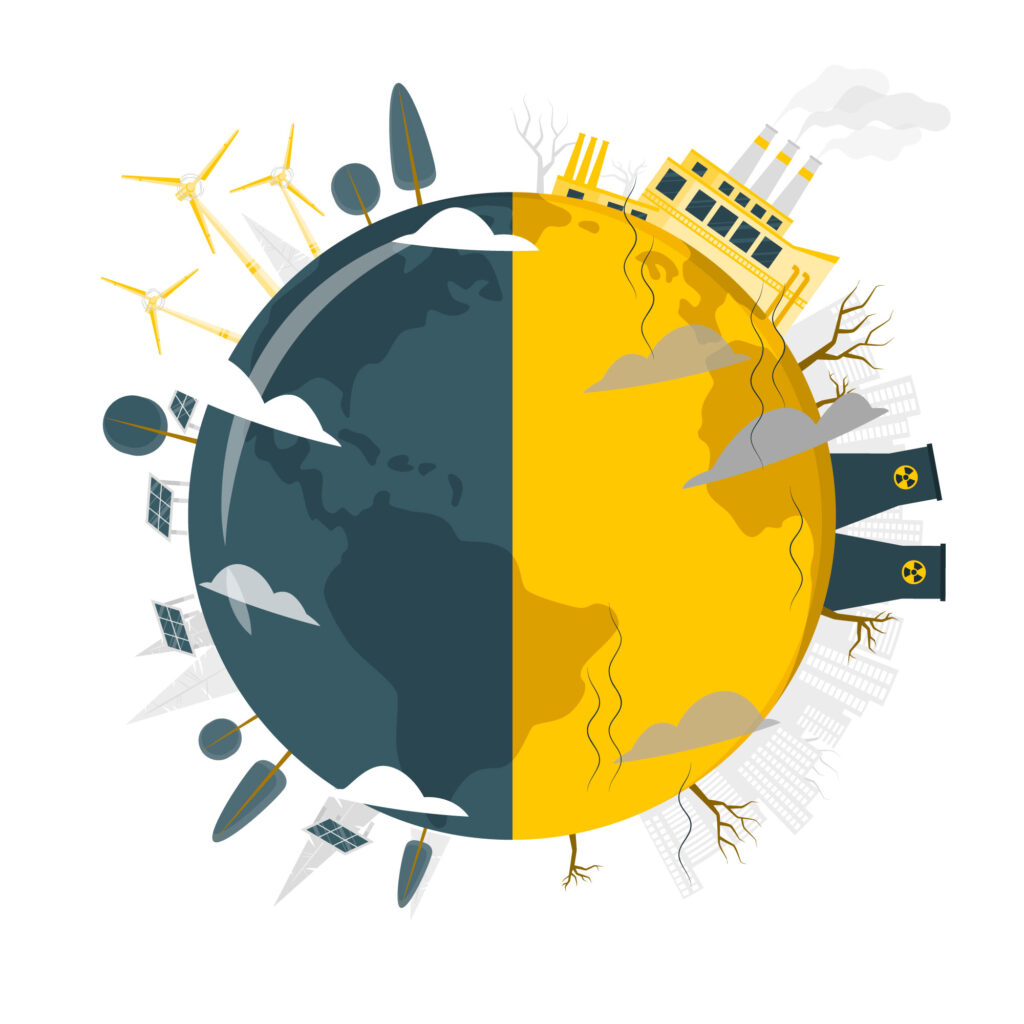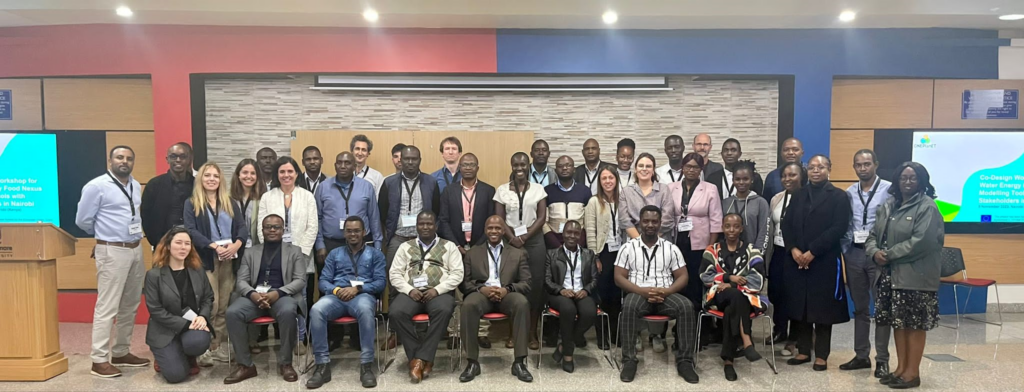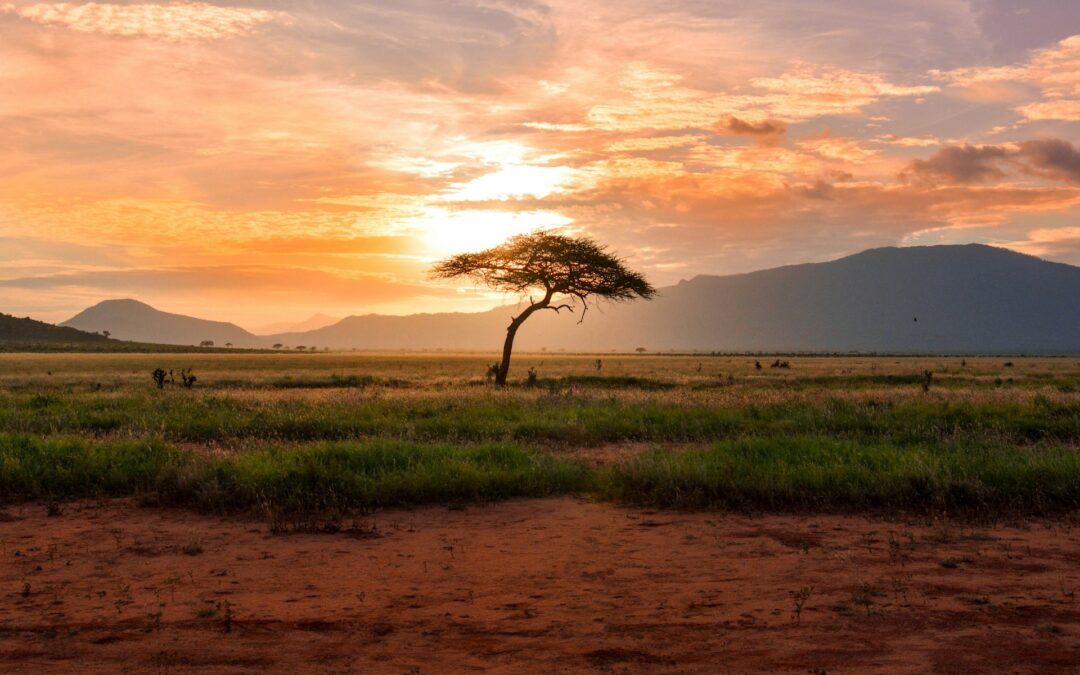Africa, a diverse and vibrant continent, is in the midst of a unique energy transformation. International organizations such as the United Nations are promoting this energy transition under the philosophy of being just, equitable and “leave no one behind”1. In this blog, we are going to explore the challenges facing this transition, the key factors driving it and how the ONEPlanET project, funded through the Horizon Europe Programme, is supporting this process:
Energy challenges
- Growing energy demand: Africa’s population is among the youngest and fastest growing in the world, with a clear tendency to concentrate in cities.
“The energy transition in Africa involves not only decarbonizing, but also guaranteeing universal access”

- Limited access to affordable and sustainable energy and lack of clean cooking fuels: inadequate electrification hampers economic and social development in various regions.
- Climate Change, with devastating impacts on agriculture or water resources. In addition, the increasingly harsh temperature and humidity conditions will trigger the population’s cooling needs.
- Historical dependence on Fossil Fuels: the volatility of oil and gas prices affects the economic stability of many African countries, underlining the need to diversify the energy matrix.
To address these demographic, environmental and socio-economic challenges, Africa will need to double its energy supply by 2040 while ensuring access to electricity for 600 million people and clean cooking fuels for 970 million.2
Key drivers of the just and equitable Energy Transition
- Natural resources and renewable potential: despite the enormous potential, to date, only 22% of the total installed energy capacity is based on renewable sources, mainly hydroelectric energy, followed by solar, wind and geothermal.3.
“The energy transition in Africa must consider equity, inclusion and affordability”
- Technological Innovation: technological advancement facilitates the implementation of decentralized energy solutions, such as solar microgrids or energy storage systems, overcoming traditional infrastructure barriers in remote populations, and generating new sources of employment.
- International Commitments: Growing global awareness of the need to address this transition has led to international agreements supporting clean energy investment in Africa
Renewable Energy potential in Africa is 1,000 times larger than the projected demand by20403 , so the low-carbon pathway is not simply about replacing polluting sources and covering the growing energy demand, but about preventing scenarios where this energy transition triggers conflicts in the use of resources (e.g. hydropower on water use or photovoltaic energy on land use) and seeking for appropriate trade-offs.
ONEPlanET Project
Linkages between key sectors such as water, energy and food require an “integrated Nexus approach”, which guarantees water and food security, sustainable agriculture and energy production. This Nexus approach is the cornerstone on which the ONEPlanET project, is based, in which CARTIF participates along with 11 other entities from Europe and Africa. The project aims at empowering African policymakers, research & academia, investors and citizens with the necessary tools and know-how to increase clean energy generation and sustainable use of resources while reducing inequalities and cultural/socio-economic gaps. Within ONEPlanET, “Water-Energy-Food” (WEF) Nexus models are being developed to support the definition of new policies and planning resilient energy infrastructures..
On November 9, 2023, CARTIF research team participated in the organization of a workshop for the co-creation of these WEF Nexus models in Nairobi (Kenya), attended by actors from the public and private sectors. Their feedback has been key when designing the WEF Nexus models and the subsequent simulation tool. You can click here to watch the video of the workshop.

In addition, during 2024 students from African universities will carry out research stays in European entities, among which is CARTIF. We are looking forward to welcoming these researchers to our facilities!
In conclusion, the energy transition in Africa does not just imply a change in the way energy is generated, but an opportunity to drive sustainable development and improve the quality of life for millions of Africans. ONEPlanET will contribute to overcoming challenges through the comprehensive WEF Nexus approach, always with the fundamental premise that no individual or community is left behind.
Learn more details about the project through this video and stay informed of the progress on the ONEPlanET website, as well as its social networks: X, LinkedIn, or Instagram.
1 https://www.undp.org/africa/ticad/stories/just-energy-transitions-development-priority-africa
2 Africa Energy Outlook 2029. https://iea.blob.core.windows.net/assets/2f7b6170-d616-4dd7-a7ca-a65a3a332fc1/Africa_Energy_Outlook_2019.pdf
3 The Renewable energy transition in Africa. 2021. IRENA
- Leave no one behind - 12 January 2024
- Why Central Asia has become a hotspot for Europe? - 8 July 2022
- What if urban water networks could become a resource of renewable energy? - 21 June 2021
